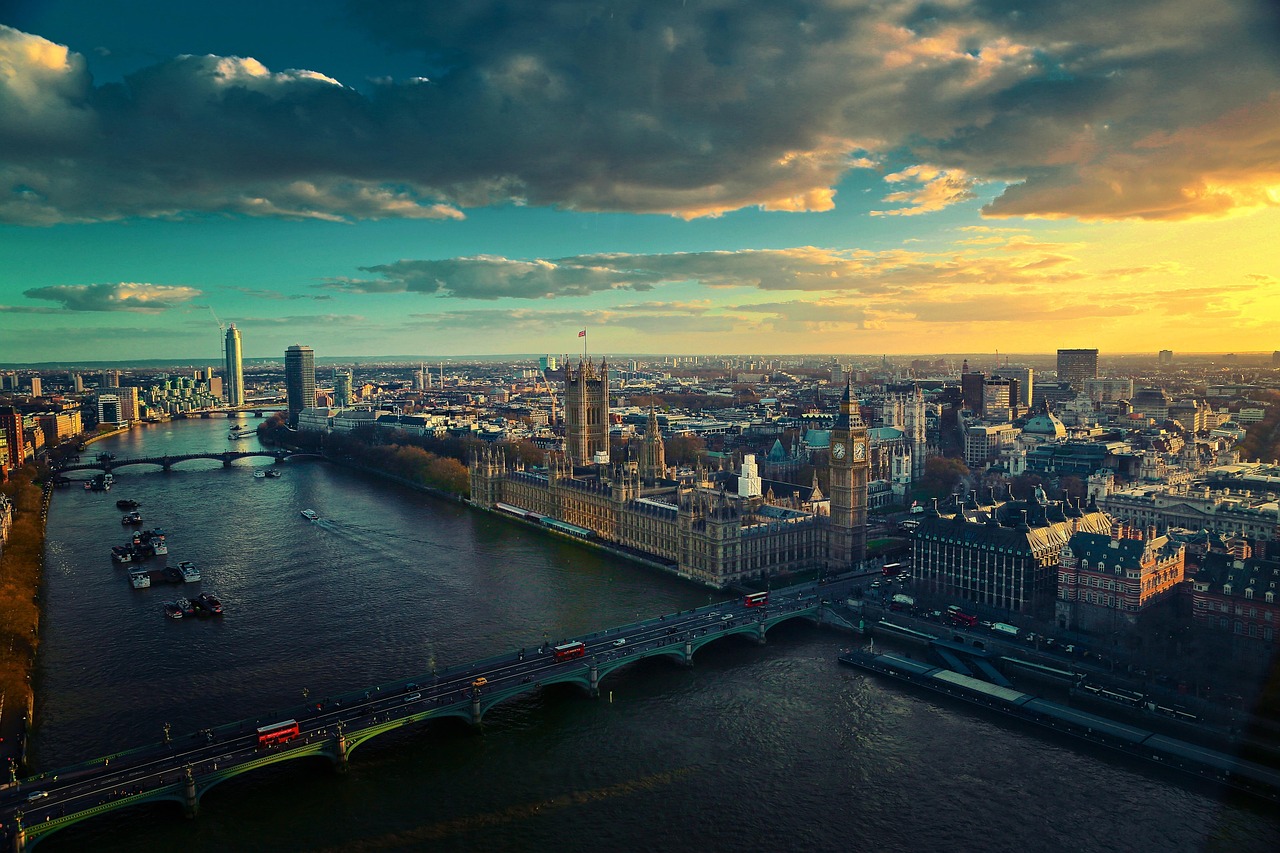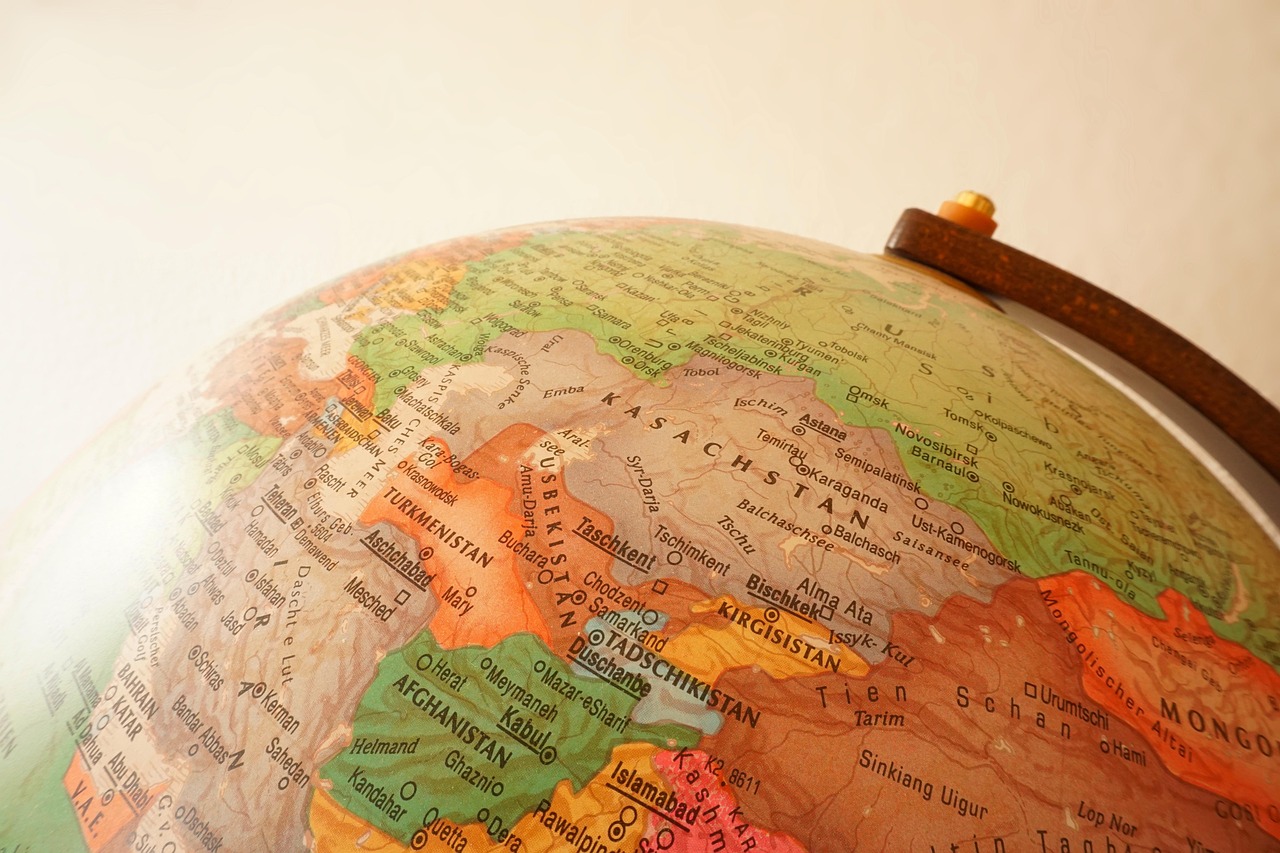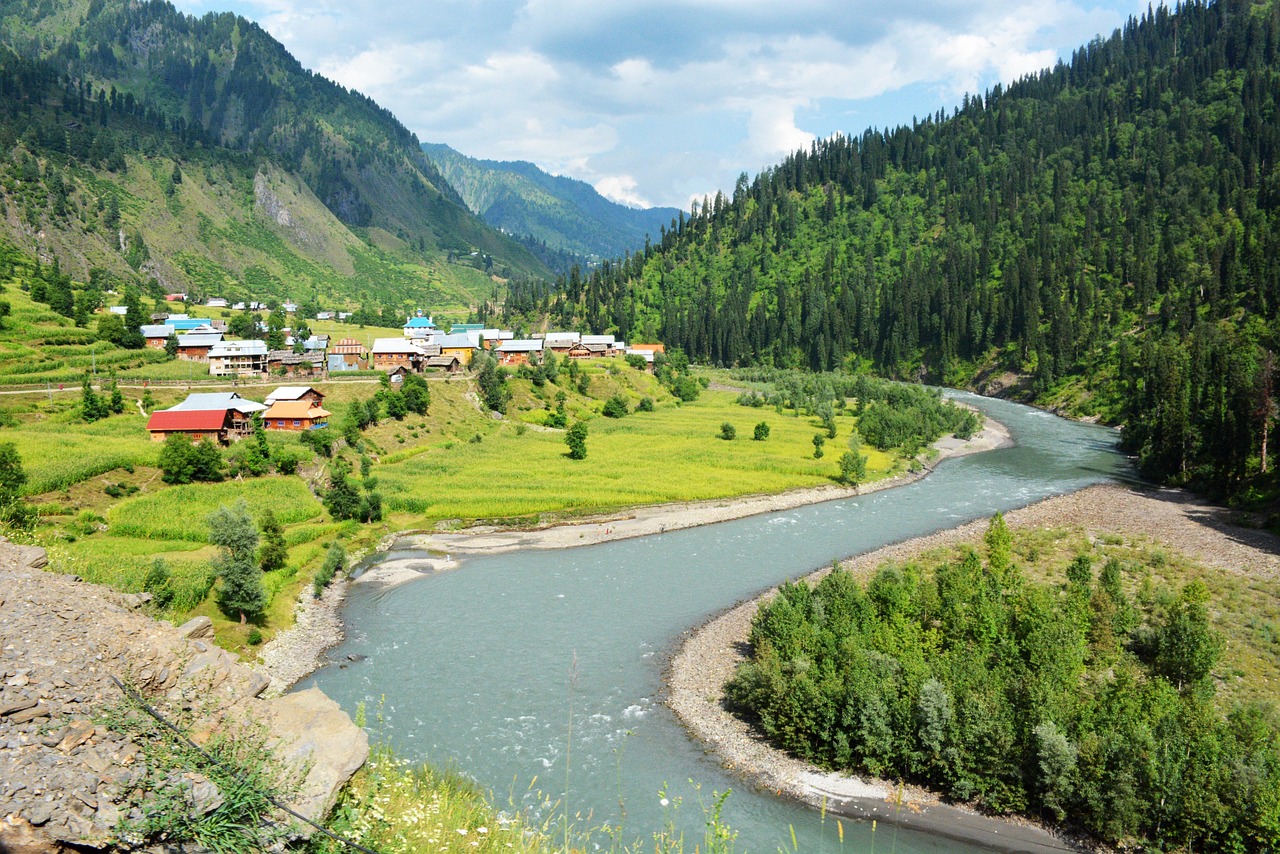Travel in 2025 is about more than just visiting new places—it’s about meaningful experiences that connect us to cultures, communities, and the planet. As travelers become more conscious of their impact, new trends are shaping how we explore the world. From sustainable adventures to immersive cultural journeys, this article highlights the top travel trends for 2025, inspiring you to plan your next trip with purpose.
Sustainable Travel Takes Center Stage
Sustainability is no longer a buzzword—it’s a priority for travelers in 2025. With climate change concerns on the rise, eco-friendly travel options are booming. Travelers are choosing destinations and operators that prioritize environmental conservation, such as low-carbon transportation and eco-lodges. According to the World Travel & Tourism Council, sustainable tourism is expected to account for 25% of global travel spending in 2025.
Destinations like Costa Rica and Bhutan lead the way, with initiatives like carbon-neutral travel programs and protected national parks. In Bangladesh, the Sundarbans, a UNESCO World Heritage Site and the world’s largest mangrove forest, is drawing eco-conscious travelers eager to explore its biodiversity while supporting conservation efforts. Eco-tour operators are offering guided tours that minimize environmental impact, such as solar-powered boats and low-waste accommodations.
Travelers are also embracing slow travel, opting for trains and buses over flights to reduce their carbon footprint. For example, Europe’s expanding high-speed rail network makes it easy to explore multiple countries sustainably, while in South Asia, scenic train journeys through Bangladesh’s lush countryside offer a low-impact way to experience local culture.
Cultural Immersion and Authentic Experiences
In 2025, travelers are seeking deeper connections with the places they visit. Cultural immersion is a top trend, with people prioritizing authentic experiences over tourist traps. This means staying in local homestays, participating in traditional festivals, and learning from community guides. In Bangladesh, travelers are flocking to rural areas like Sylhet to experience tea garden tours and indigenous Khasi village stays, where they can learn about local customs and cuisine.
Cooking classes, craft workshops, and language exchanges are also popular. For instance, learning to make Bangladeshi pitha (rice cakes) or weaving traditional textiles with artisans offers a hands-on way to engage with culture. Globally, destinations like Peru and Morocco are seeing a surge in travelers joining local families for meals or cultural ceremonies, fostering meaningful cross-cultural connections.
This trend is supported by technology, with apps connecting travelers to local hosts and experiences. Platforms like Airbnb Experiences and Withlocals are making it easier to book authentic activities, ensuring that tourism benefits local communities directly.
Adventure Travel with a Purpose
Adventure travel is evolving in 2025, with a focus on experiences that combine thrill with purpose. Travelers are seeking activities that support conservation or community development, such as wildlife safaris that fund anti-poaching efforts or treks that support local schools. In Bangladesh, guided hikes in the Chittagong Hill Tracts not only offer stunning views but also support indigenous communities through responsible tourism initiatives.
Voluntourism, when done ethically, is also on the rise. Travelers are volunteering for projects like reforestation in the Amazon or marine conservation in the Maldives, ensuring their trips have a positive impact. However, experts emphasize the importance of choosing reputable organizations to avoid exploitative practices.
For adrenaline junkies, 2025 offers new frontiers. Space tourism, led by companies like SpaceX, is becoming more accessible, with suborbital flights available for affluent travelers. Meanwhile, earthbound adventures like diving in the Great Barrier Reef or climbing in the Himalayas remain popular, with a focus on operators who prioritize environmental stewardship.
Digital Nomad Destinations Thrive
The rise of remote work has transformed travel, and in 2025, digital nomad destinations are booming. Cities with strong Wi-Fi, affordable living costs, and vibrant communities are attracting remote workers who blend work and travel. Chiang Mai, Thailand, and Lisbon, Portugal, remain top choices, but emerging destinations like Dhaka, Bangladesh, are gaining traction due to their affordability, cultural richness, and growing co-working spaces.
Digital nomad visas are making it easier to stay longer in countries like Estonia, Croatia, and Barbados. These visas allow travelers to work remotely for extended periods, fostering deeper connections with local cultures. In 2025, coworking cafes and community hubs are popping up in unexpected places, offering nomads a chance to network while exploring new regions.
Technology is also enhancing the nomad experience. AI-powered travel apps provide real-time recommendations for workspaces, local events, and affordable accommodations, making it easier to balance productivity and exploration.
Wellness Travel for Mind and Body
Wellness travel is soaring in 2025, as people seek trips that rejuvenate both mind and body. Retreats focusing on yoga, meditation, and holistic healing are in high demand, with destinations like Bali and India leading the way. In Bangladesh, wellness retreats in Cox’s Bazar offer beachfront yoga sessions and Ayurvedic treatments, blending local traditions with modern wellness practices.
Mental health is a key focus, with retreats incorporating mindfulness workshops and digital detoxes. Travelers are also seeking nature-based wellness experiences, such as forest bathing in Japan or silent retreats in the Himalayas. These trips aim to reduce stress and promote mental clarity, appealing to those navigating fast-paced lives.
Wellness tourism isn’t just about luxury resorts—budget-friendly options are emerging, too. Community-led retreats and affordable spa packages make wellness accessible to a wider audience, ensuring everyone can benefit from restorative travel.
Microadventures and Local Exploration
Not all travel requires crossing borders. In 2025, microadventures—short, local trips that maximize adventure—are gaining popularity. These trips are perfect for budget-conscious travelers or those with limited time. Examples include weekend camping, urban hikes, or exploring nearby cultural sites. In Bangladesh, a day trip to the historic city of Sonargaon, with its ancient architecture and vibrant markets, offers a rich microadventure close to Dhaka.
Microadventures also align with sustainability, as they reduce the need for long-haul flights. Travel experts encourage exploring hidden gems in your own region, such as local parks, historical sites, or small-town festivals. Apps like AllTrails and local tourism boards are helping travelers discover nearby destinations, making adventure accessible to all.
Challenges and the Future of Travel
While 2025’s travel trends are exciting, challenges persist. Overtourism remains a concern, with popular destinations like Venice and Machu Picchu struggling to balance visitor numbers with preservation. Governments are responding with measures like tourist caps and entry fees, but travelers must also take responsibility by choosing less-crowded destinations.
Economic barriers can also limit access to travel, particularly for sustainable or wellness-focused trips, which can be costly. Initiatives like community-based tourism and budget airlines are helping, but more work is needed to make travel inclusive.
Looking ahead, the future of travel is bright. Innovations like electric planes and AI-driven travel planning promise to make exploration more sustainable and personalized. By embracing these trends, travelers can create meaningful experiences that benefit both themselves and the world around them.
Conclusion
The travel trends of 2025 reflect a shift toward purposeful, sustainable, and immersive experiences. From eco-friendly adventures in the Sundarbans to cultural homestays in Sylhet, travelers are finding new ways to connect with the world. Whether you’re a digital nomad, a wellness seeker, or a microadventure enthusiast, 2025 offers endless opportunities to explore with intention. Plan your next trip with these trends in mind, and discover how travel can enrich your life while leaving a positive impact on the planet.











